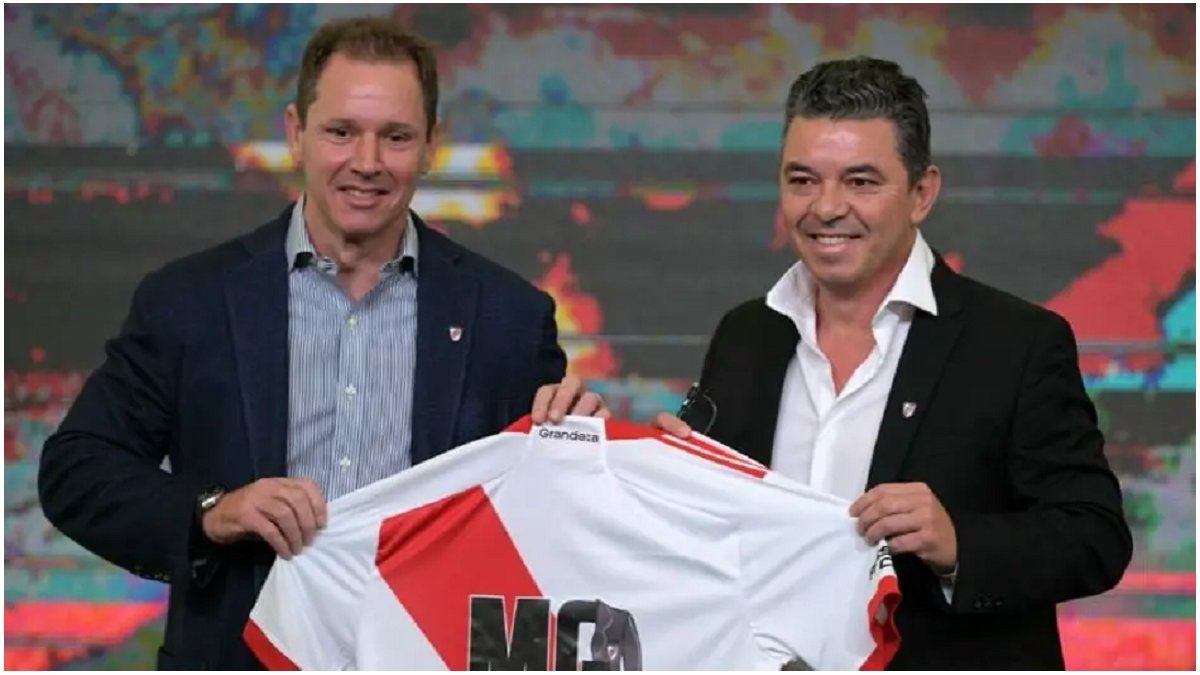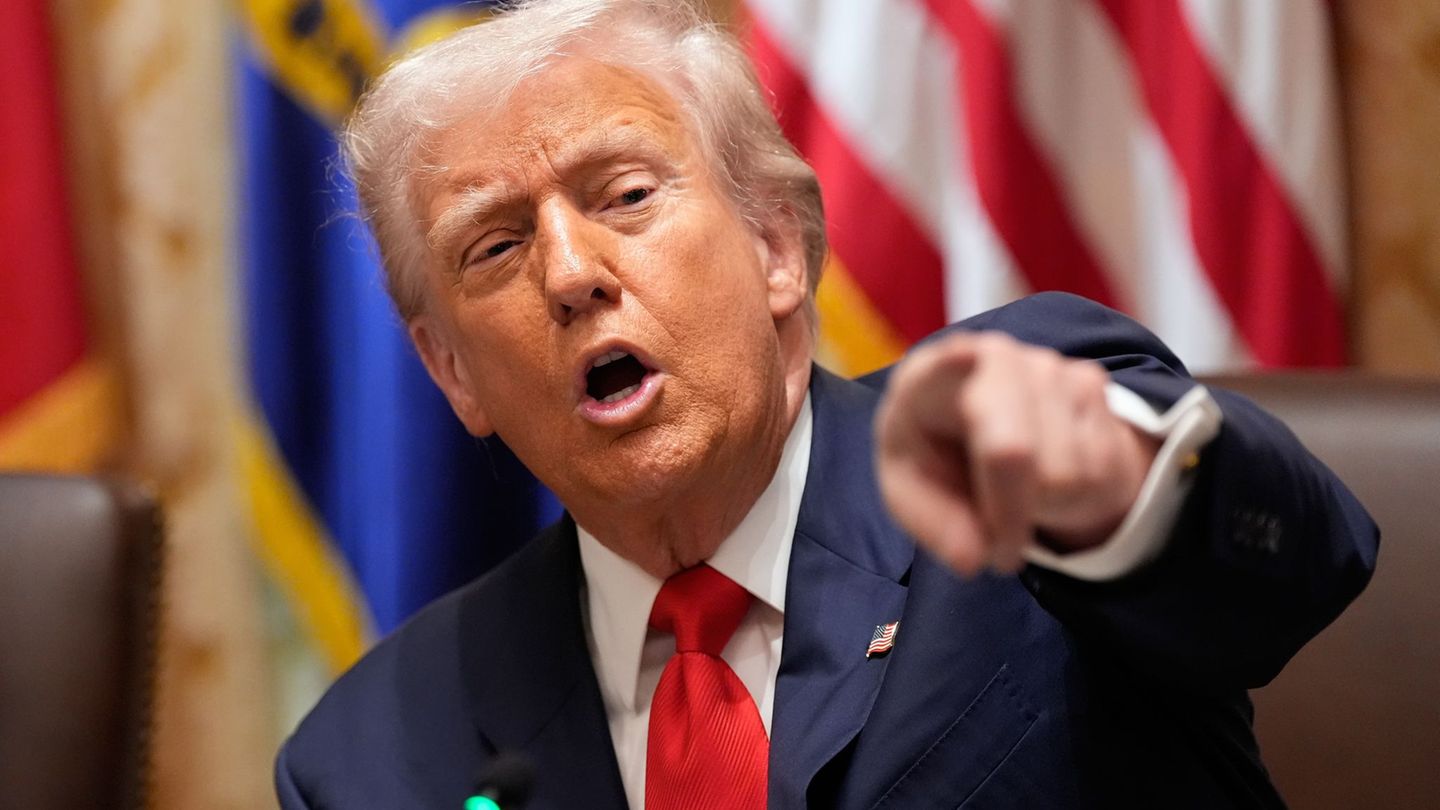(By Pedro Fernández M.) The musical collective Snarky Puppy returns to Argentina to offer a show next Sunday May 21 at Luna Park, where they will present their latest work, “Empire Central”, in which their leader, the bassist Michael League, says they pay “tribute to the powerful music scene in Texas,” where the group hails from.
Winners of five Grammy Awards throughout their history, the last one this year for “Empire Central” for Best Contemporary Music Instrumental Album, the group that has 19 stable members who rotate permanently was formed in 2014 in Denton, near Dallas. , as a university project, to later definitively integrate into the Texan music scene where he finished generating his distinctive sound, in which sounds from R&B, funk, electronic, and jazz appear, among other traditions of current music.
The band, which will bring between nine and 12 members of the group to Buenos Aires, arrives in the middle of a tour that began a month ago in the United States and which will have its South American section in May, with performances in Santiago de Chile, Porto Alegre, San Pablo and Bogotá, among other cities.
“The Luna Park show will be an opportunity to present the 16 songs from ‘Empire Central’ but in our own way, in which every night we change the set list, the soloists, and in which in each presentation we are trying to explore new possibilities to each of our compositions”, League tells in a Zoom with Télam, days before starting the Latin American journey of the tour.
Télam: How do you go from studio to live in a band that improvises and explores so much in their shows?
Michael League: In this case it was not difficult for us to adapt them because we started playing these songs live and the material was recorded in a studio but with an audience and live; then the truth has been supernatural. It is also true that during this tour that we started in the United States a month ago the songs grew a lot. Let’s say that when we recorded the songs for “Empire Central” they were one thing, now they are another and in a year they will be another.
T: How does this dynamic occur?
ML: We are never the same and a concert, after all, is a conversation between the band and the public, and depending on the reaction, the musicians modify what they are doing, even when they don’t intend to and it is unconscious. So it’s very interesting to see how the songs change.
T: A conversation with the public and also among the musicians.
ML: Yes, of course, above all, because we start with the internal conversation before it reaches the public.
T: In a band so open to what happens on stage, what is your role as a leader in a concert?
ML: I make the set list and I choose the soloists for that night just before the concert based on different issues such as the sound of the venue or the city in which we play, I do as an infrastructure prior to the concert. But when we are on stage and the music is alive there is no plan regarding how we are going to react to what happens and all the musicians are listening to what happens with the music; at that moment I become someone who confirms what all the musicians are thinking, I am not sending but if something is happening in a solo it is evident that the band wants to go in a specific direction and I confirm that course, I am a messenger before than a leader.
T: Referring to “Empire Central” you have highlighted that it is a musical homage to the Dallas scene.
ML: The band was formed in Denton, which is 40 minutes from Dallas, but the band’s sound wasn’t very concrete until the time we moved to Dallas. When we were well into that scene, the music changed a lot and we added other musicians to the band like Bobby Sparks, Jason “JT” Thomas, among others; So sure, that scene has had an incredibly powerful effect on our sound.
As a modern American black scene, the contribution of Texas is notable, you have musicians like Erykah Badu, Roy Hargrove, Robert Glasper, Jason Moran, a number of them, the list never ends, who have come from there and perhaps people do not identify them with Texas because many have gone to places like New York or Los Angeles, where they have another musical infrastructure but their sound comes from there. In this last material we feel the obligation and the responsibility to represent the history and the Texan legacy to the world.
T: How many musicians from the band will come to Argentina?
ML: I have no idea, we usually move between nine and 12, but it hasn’t been decided yet.
T: What is this particular way of functioning due to?
ML: It’s something that was taking place; we started like that because because for many years we didn’t make enough money and then it happened that we had a concert but that same night some of the musicians had an offer to play at a wedding or something like that for 400 dollars. It was clear that I was not going to tell them “you can’t, you have to play with us for 20 dollars”, so in those cases the need arose to go out and look for a replacement and then it happened that that replacement played super well and connected with the band and then It was a shame to tell him not to come anymore and that’s how we integrated people, until later, this mode also allowed us to invite musicians we were interested in to join the band and contribute their sound.
T: What are the advantages of this changing formation?
ML: In the early years of the band the advantage was that we never had to turn down any offers and we could always play; the other thing is that each of the musicians has a different sound. When one of the guitarists plays it’s not the same as the others play, or the keyboard or the percussion or the drums, the band changes depending on who is playing, the whole sound changes. Sometimes that happens in the middle of a tour where suddenly four people change and the sound of the group changes a lot, that’s super nice.
T: You have remarked that at the beginning the sound of the band was that of the songs that each musician composed, but now they compose under the sound of Snarky Puppy.
ML: At present we have our own sound and the musicians write their songs thinking about that sound of the band; we have our own language, our own vocabulary, perhaps just from having played thousands of times together. We have done more than 2,000 concerts, I think that any group of musicians after 2,000 concerts has its own sound. It happens like this, every night we have tried something new and we have seen what worked and what did not work and that is what has become your sound.
Source: Ambito
I am an author and journalist who has worked in the entertainment industry for over a decade. I currently work as a news editor at a major news website, and my focus is on covering the latest trends in entertainment. I also write occasional pieces for other outlets, and have authored two books about the entertainment industry.




